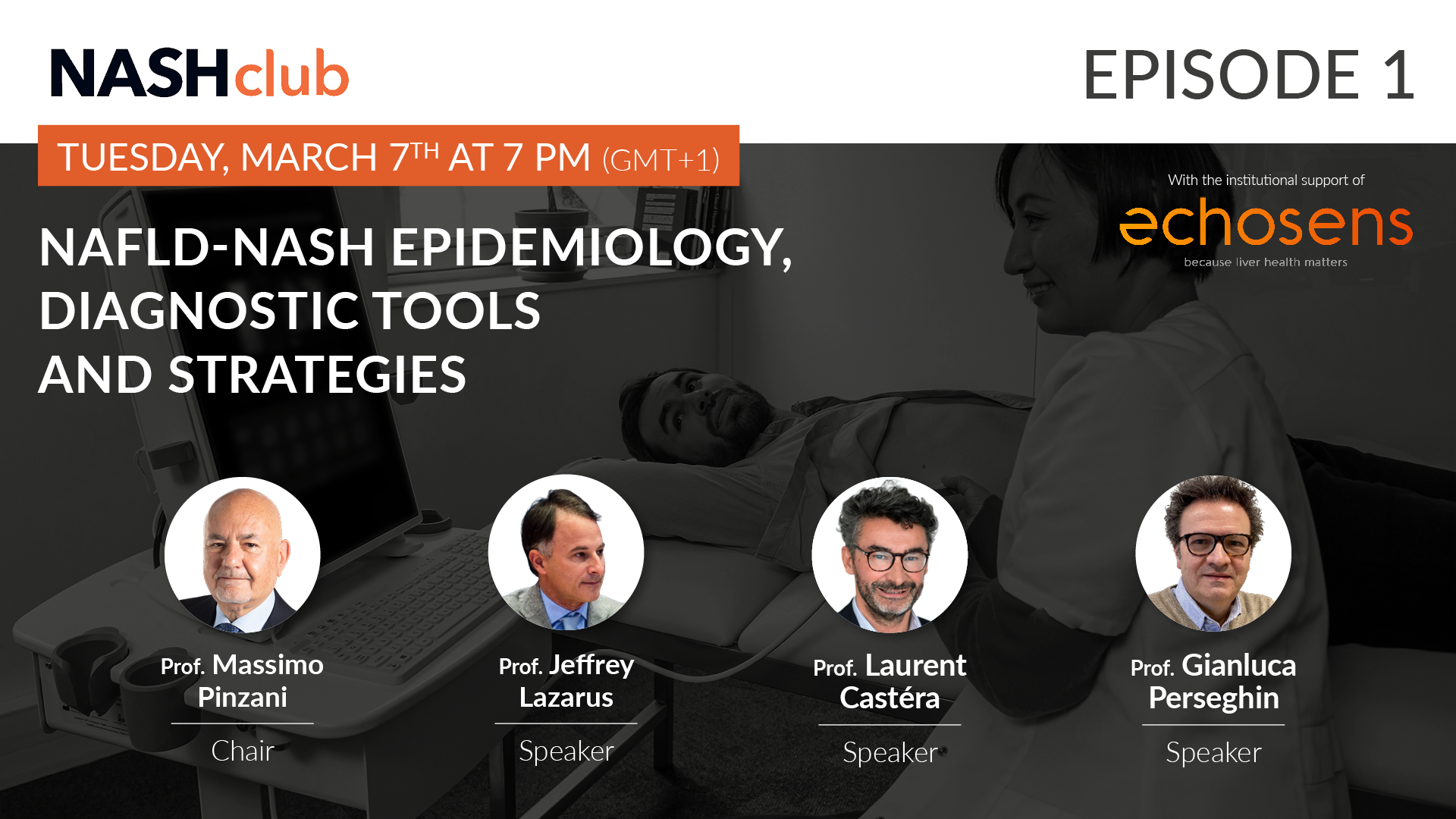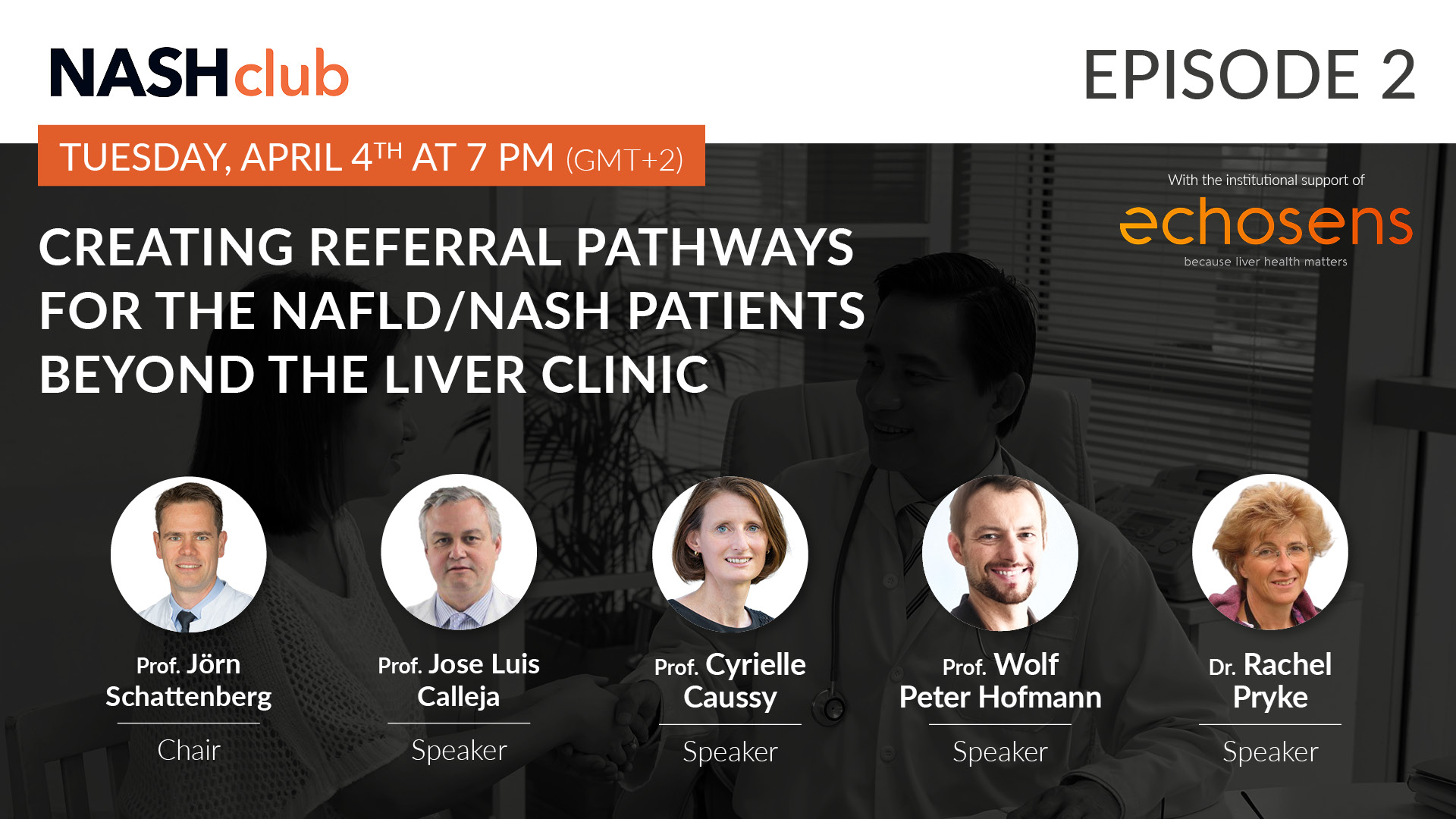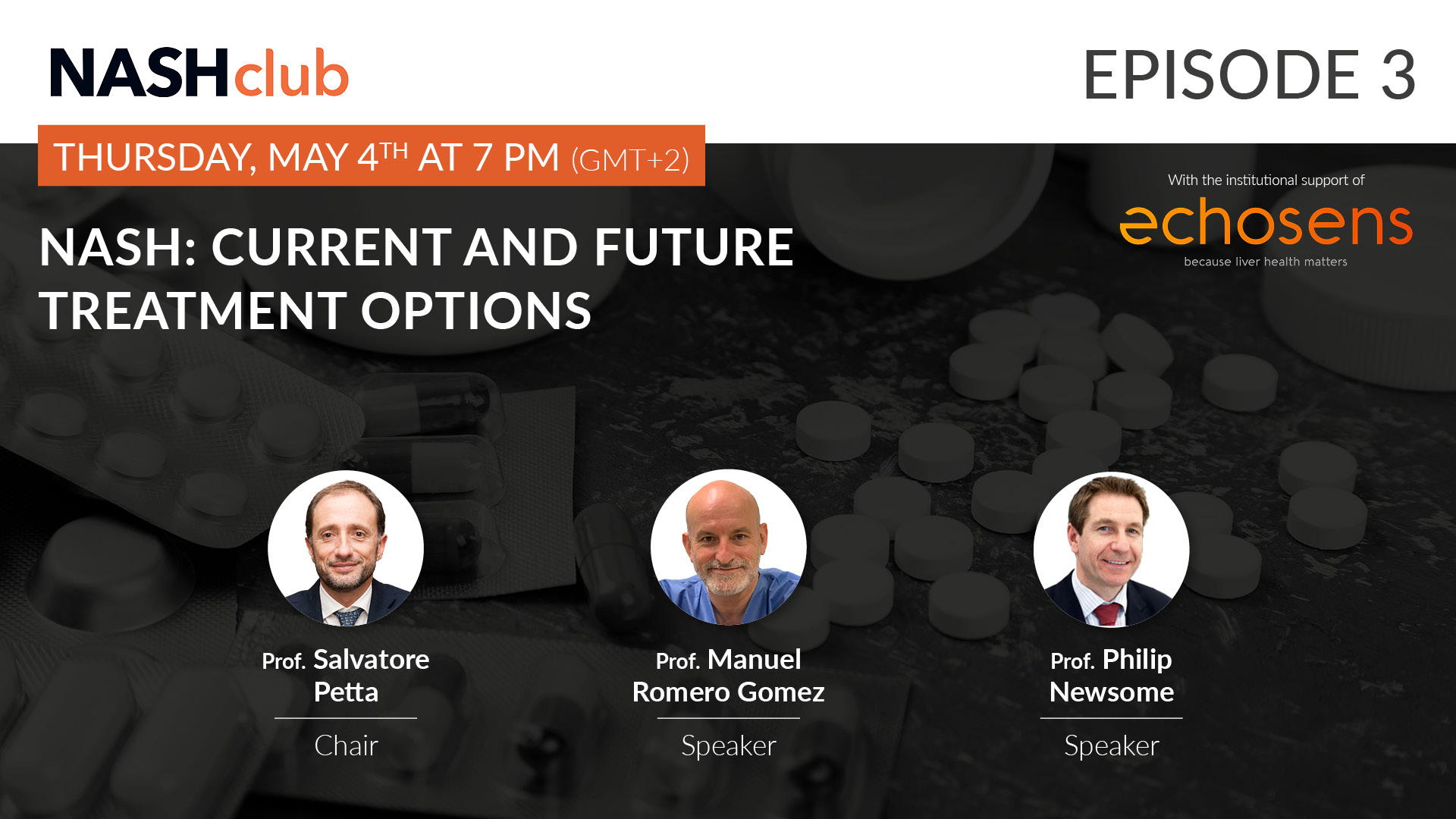EPISODES ON VOD
EPISODE 1
NAFLD-NASH Epidemiology, diagnostic tools and strategies
Tuesday, 7th March 2023 ► 7pm – 8pm (GMT+1)
Please, choose your language for subtitles
EPISODE 2
Creating referral pathways for the NAFLD/NASH patients beyond the liver clinic
Tuesday, 4th April 2023 ► 7pm – 8:15pm (GMT+2)
Please, choose your language for subtitles
EPISODE 3
NASH: Current and future treatment options
Thursday, 4th May 2023 ► 7pm – 8pm (GMT+2)
Please, choose your language for subtitles
COURSE DESCRIPTION
A new nomenclature for fatty liver disease has been published : NAFLD is becoming MASLD (Metabolic Dysfunction-Associated Steatotic Liver Disease) and NASH is becoming MASH (Metabolic Dysfunction Associated Steatohepatitis).
2 million deaths per year worldwide are caused by Chronic Liver Disease (CLD). Globally, the most common cause of CLD is Non-Alcoholic Fatty Liver Disease (NAFLD) which is estimated to affect approximately 25% of the world population. 73% of patients with type 2 diabetes mellitus have NAFLD. Non-Alcoholic Steatohepatitis (NASH), a progressive form of NAFLD which combines fatty liver, liver inflammation and liver damage, is the 2nd most common aetiology of hepatocellular (HCC) requiring liver transplantation.
Join the 2023 NASH Club, a series of 3 full educational CME accredited interactive and hybrid event dedicated to all matters NAFLD-NASH. You will learn from 12 top experts from a wide range of medical specialties: Hepatologists, Diabetologists, Endocrinologists, General practitioners and Gastroenterologists coming from different EU countries.
Overall Learning Objectives
- Learn more about the importance of liver diseases early screening, including in primary point of care and the latest available tools and techniques to perform liver exams.
- Closing the loop: Understand how coordination between medical specialties can help optimize patient journey and care.
- Get to know current NAFLD-NASH treatment and future NASH treatment options including drugs in phase 3.

NAFLD-NASH Epidemiology, diagnostic tools and strategies
Chair: Prof. Massimo Pinzani
Speakers: Prof. Jeffrey Lazarus, Prof. Laurent Castéra & Prof. Gianluca Perseghin
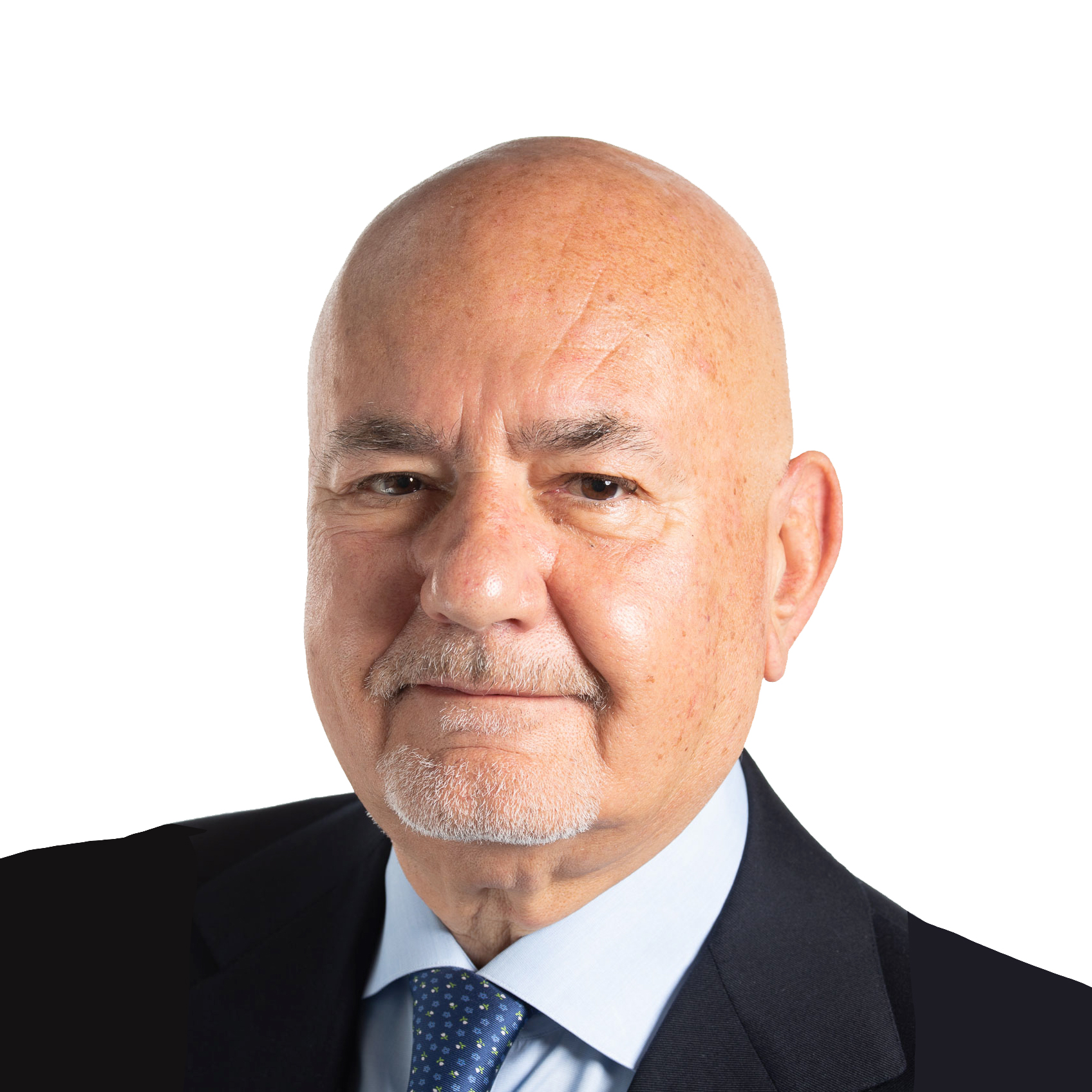
Prof. Massimo Pinzani
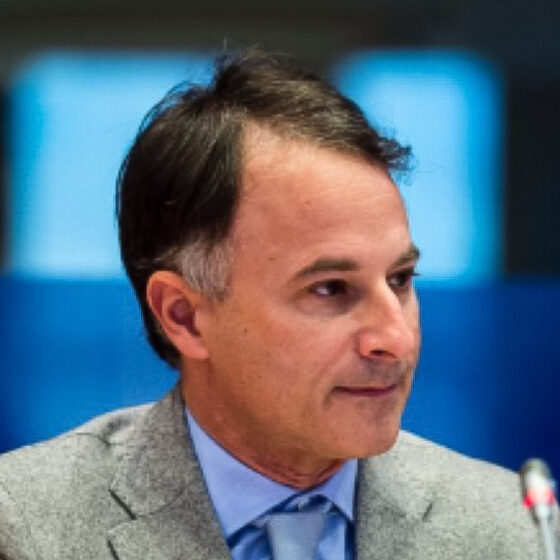
Prof. Jeffrey Lazarus
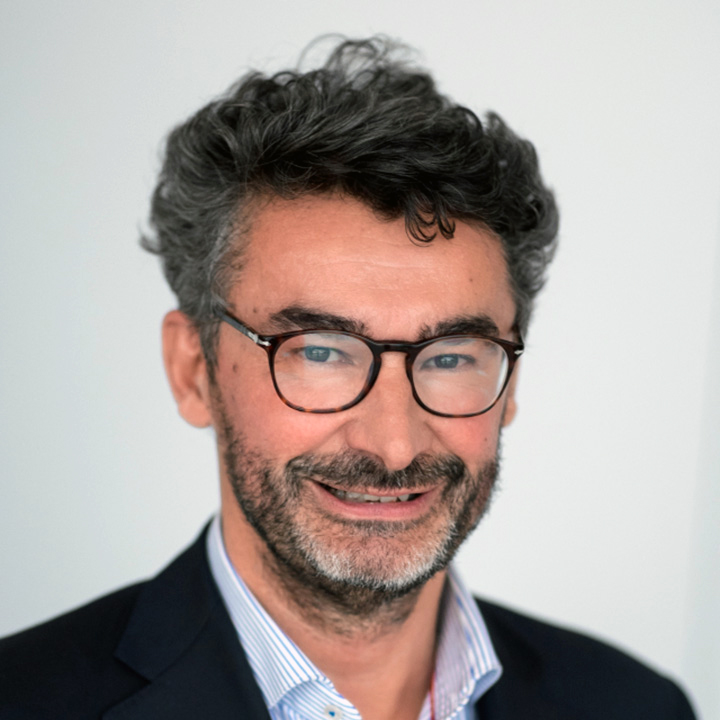
Prof. Laurent Castéra
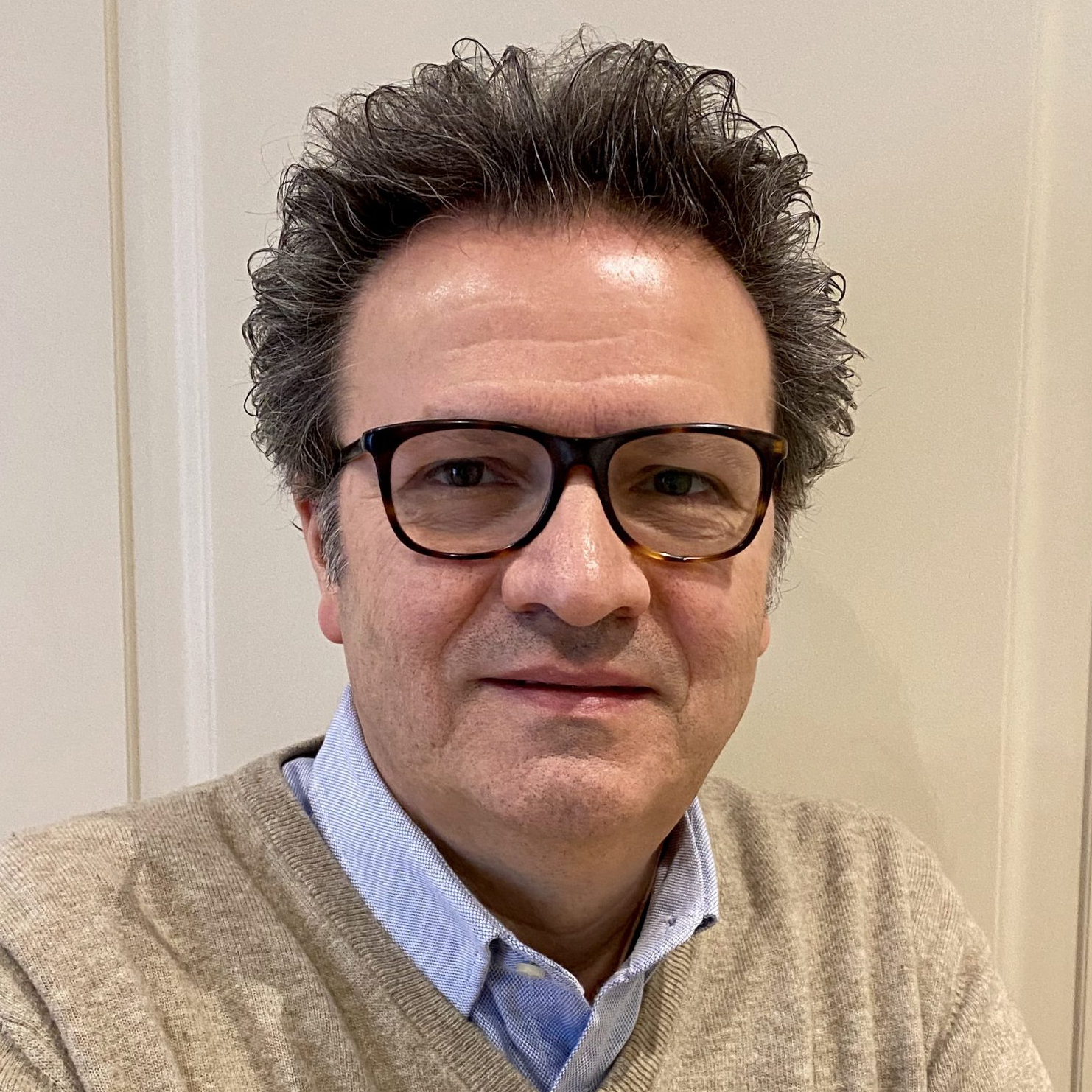
Prof. Gianluca Perseghin
SESSION AGENDA
Chair: Prof. Massimo Pinzani
Introduction (Prof. Massimo Pinzani)
Epidemiology /public Health (Prof. Jeffrey Lazarus)
- Population impacted/ Why are patients underdiagnosed?
- Why NASH can become a big challenge for EU healthcare system?
Liver diseases diagnostics tools and strategies (Prof. Laurent Castéra)
- Tools and techniques
- Latest clinical studies and latest guidelines
NAFLD among T2D patients (Prof. Gianluca Perseghin)
Conclusion (Prof. Massimo Pinzani)

Creating referral pathways for the NAFLD/NASH patients beyond the liver clinic
Chair: Prof. Jörn Schattenberg
Speakers: Prof. Jose Luis Calleja, Prof. Cyrielle Caussy, Prof. Wolf Peter Hofmann & Dr. Rachel Pryke
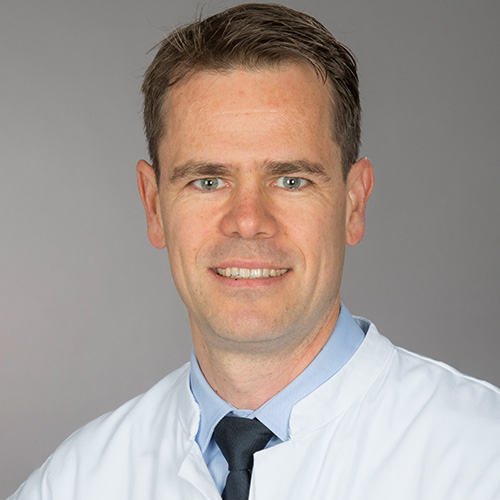
Prof. Jörn Schattenberg
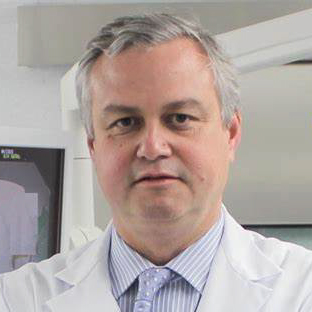
Prof. Jose Luis Calleja
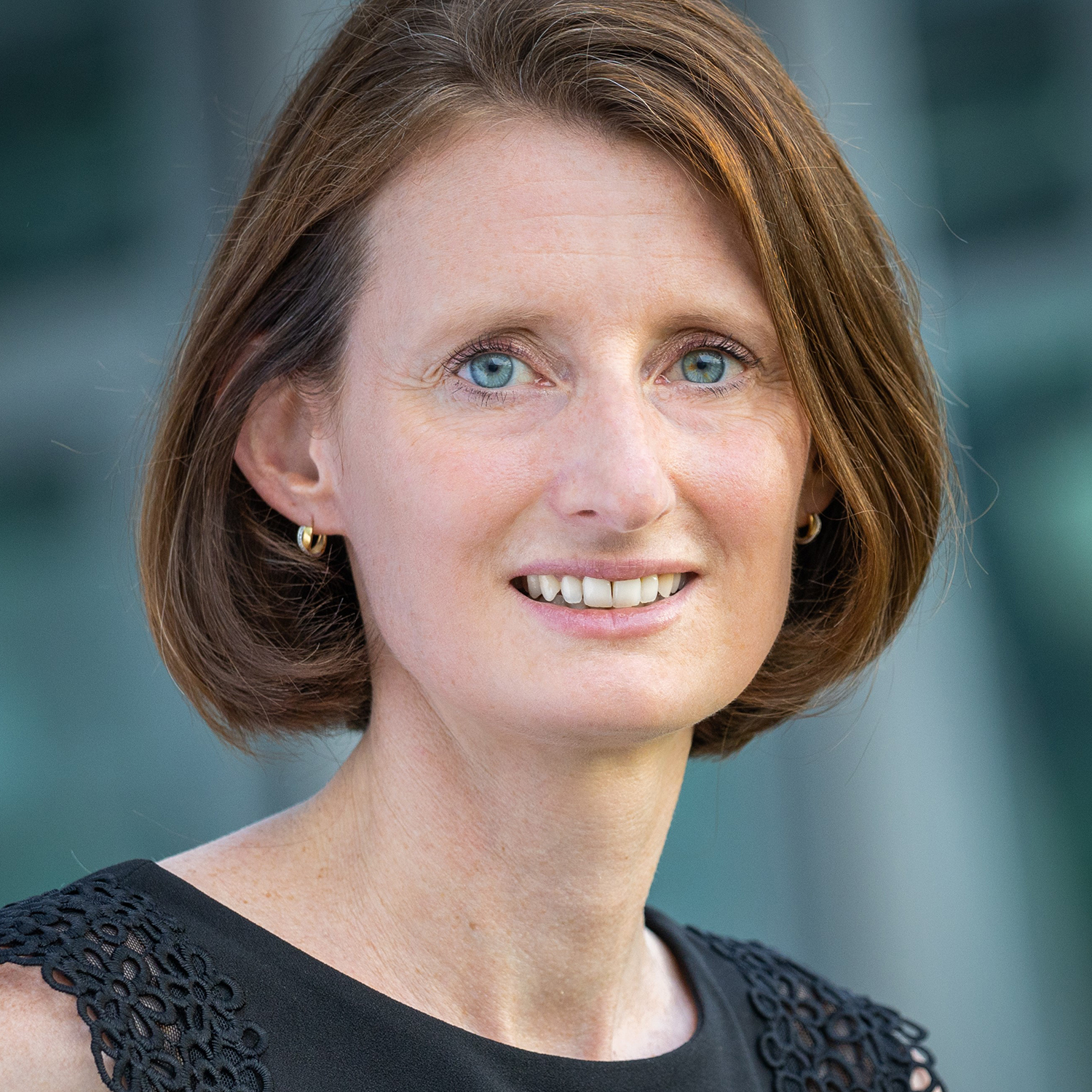
Prof. Cyrielle Caussy
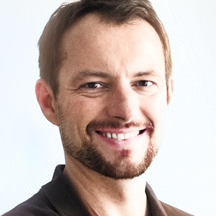
Prof. Wolf Peter Hofmann
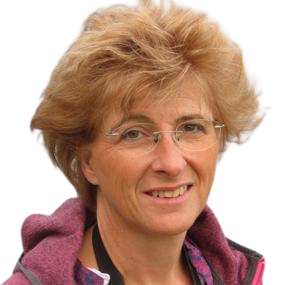
Dr. Rachel Pryke
SESSION AGENDA
Chair: Prof. Jörn Schattenberg
Introduction (Prof. Jörn Schattenberg)
Role of primary care or GP in early screening and referral of NAFLD patients (Prof. Jose Luis Calleja, Dr. Rachel Pryke)
Role of diabetologists/endocrinologists in screening NAFLD/NASH among T2D patients and patients with cardio metabolic disease: epidemiology, clinical studies and guidelines (Prof. Cyrielle Caussy)
Roundtable: Multidisciplinary approach in practice (Prof. Wolf Peter Hofmann, Dr. Rachel Pryke, Prof. Cyrielle Caussy, Prof. Jose Luis Calleja)
Conclusion (Prof. Jörn Schattenberg)

NASH: Current and future treatment options
Chair: Prof. Salvatore Petta
Speakers: Prof. Manuel Romero Gomez & Prof. Philip Newsome
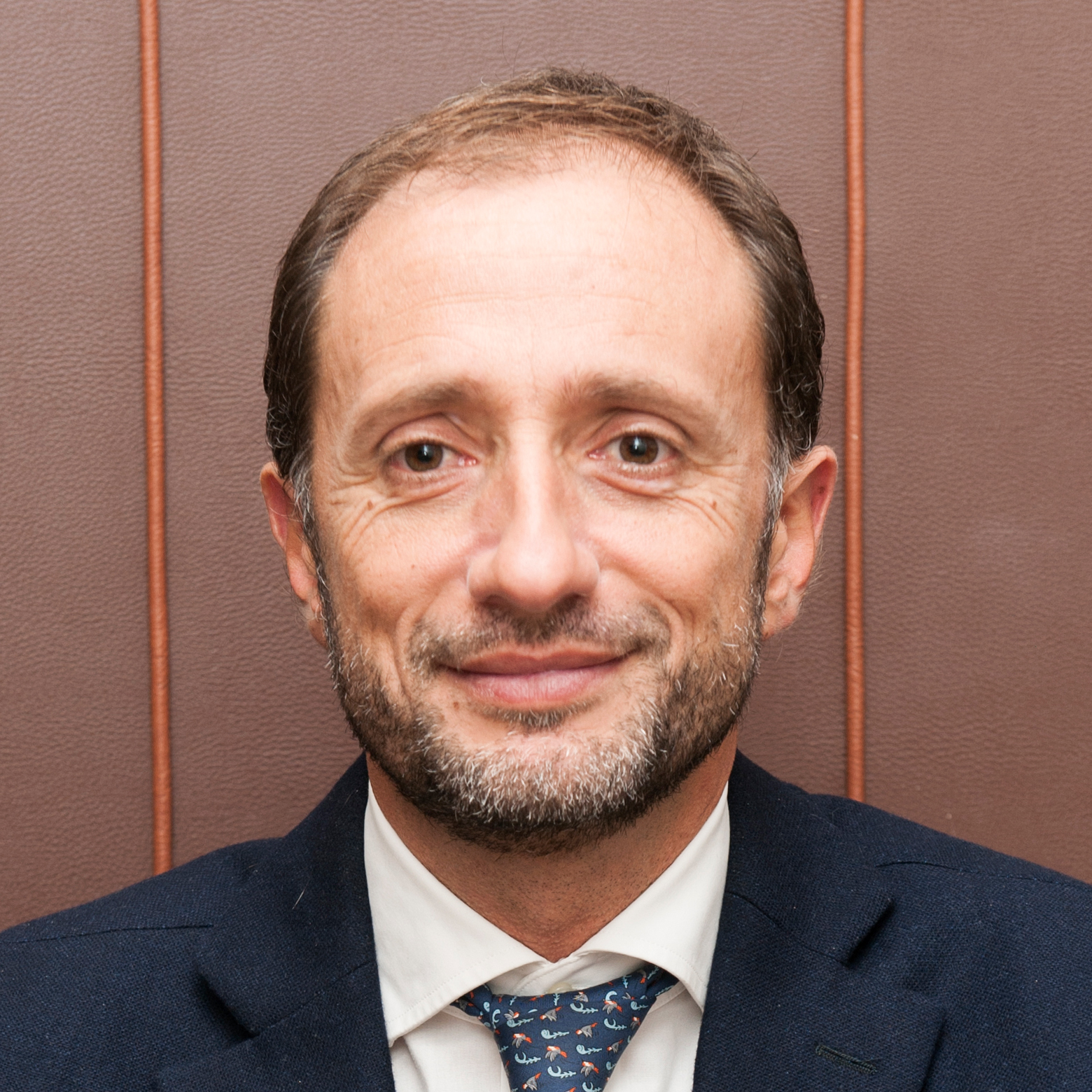
Prof. Salvatore Petta
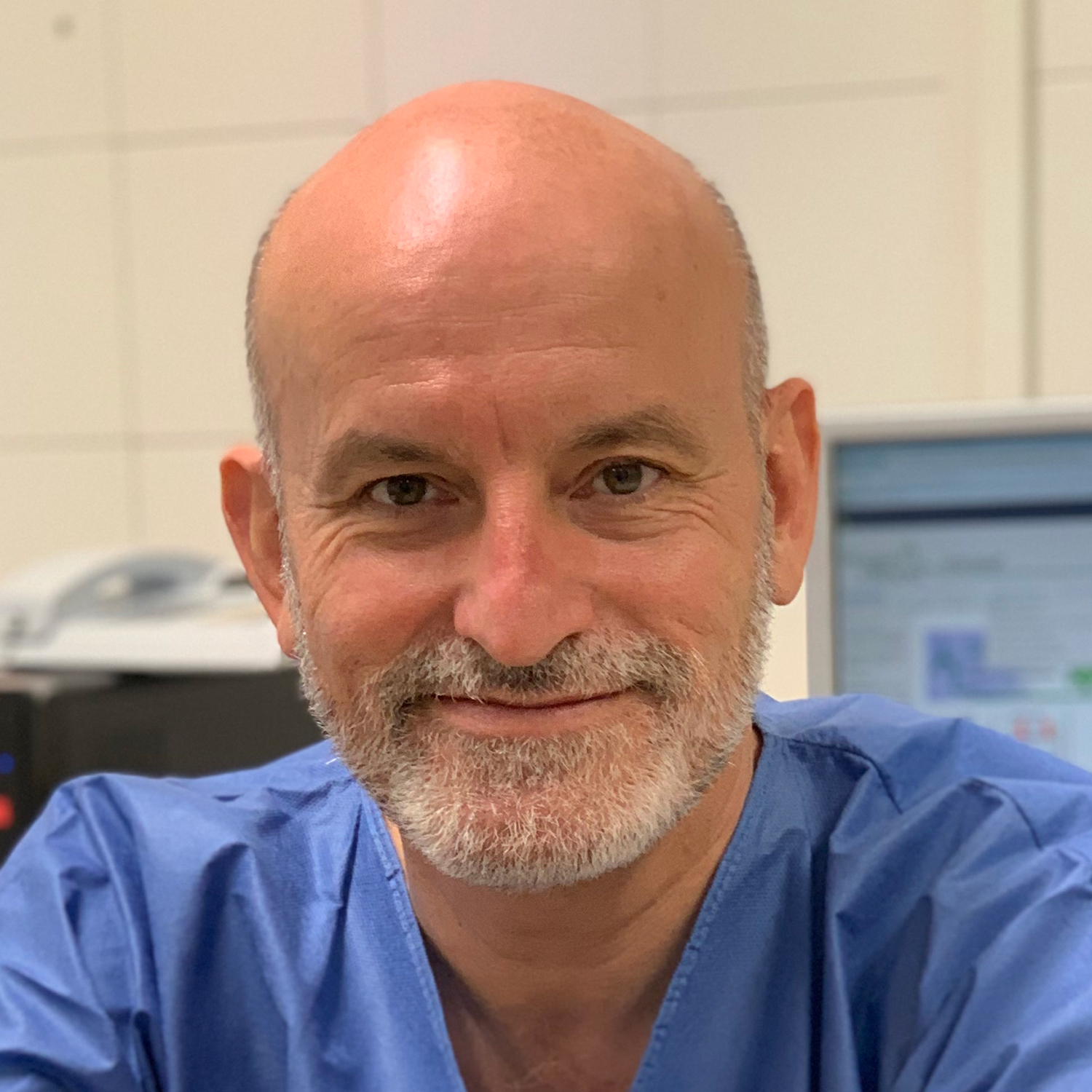
Prof. Manuel Romero Gomez
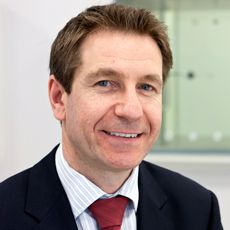
Prof. Philip Newsome
SESSION AGENDA
Chair: Prof. Salvatore Petta
Introduction (Prof. Salvatore Petta)
Impact of lifestyle change: diet and exercise (Prof. Manuel Romero Gomez)
Treating comorbidities (Prof. Romero-Gomez)
Future treatment drugs in stage 3 (Prof. Philip Newsome)
Conclusion (Prof. Salvatore Petta)


